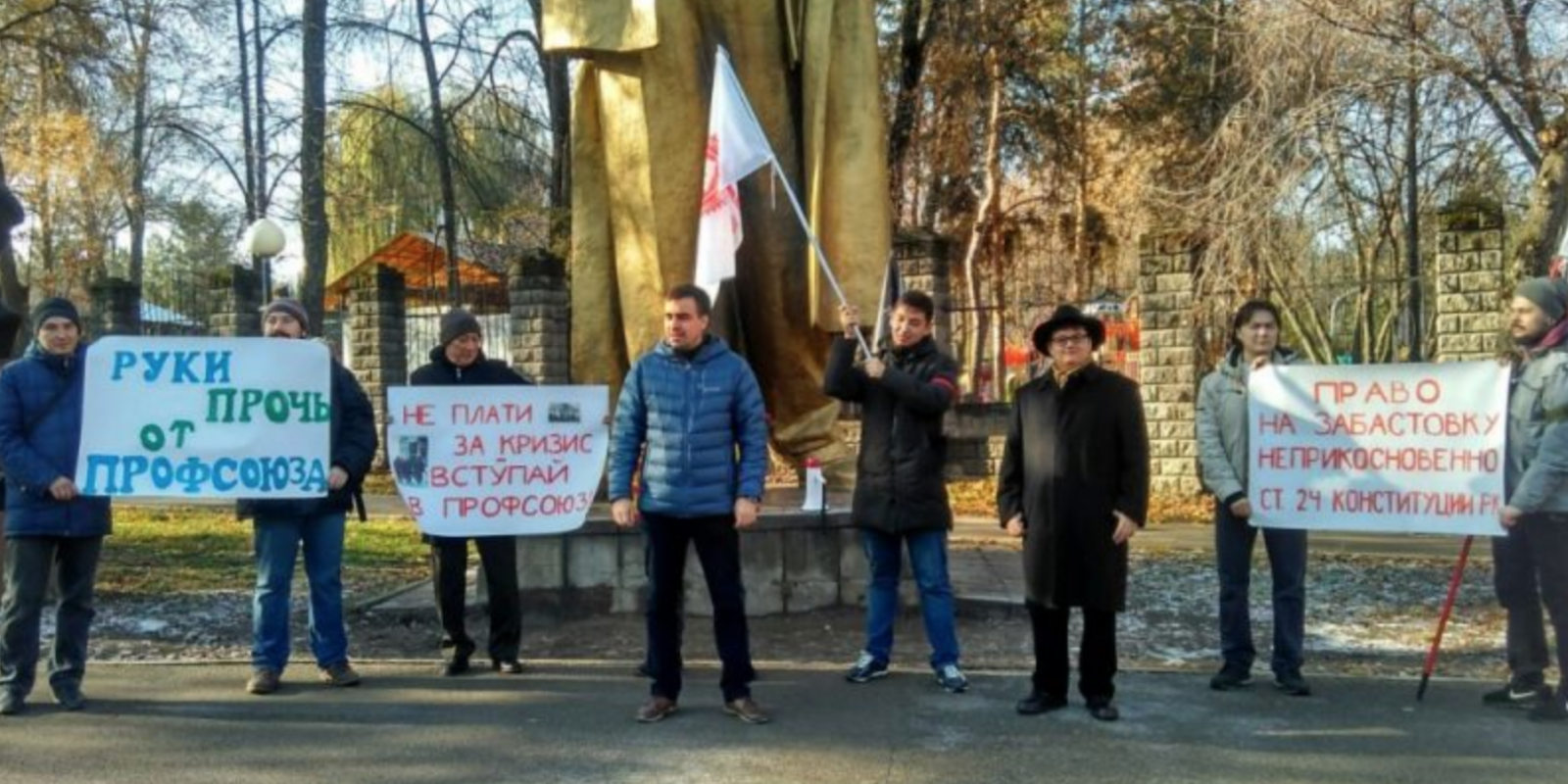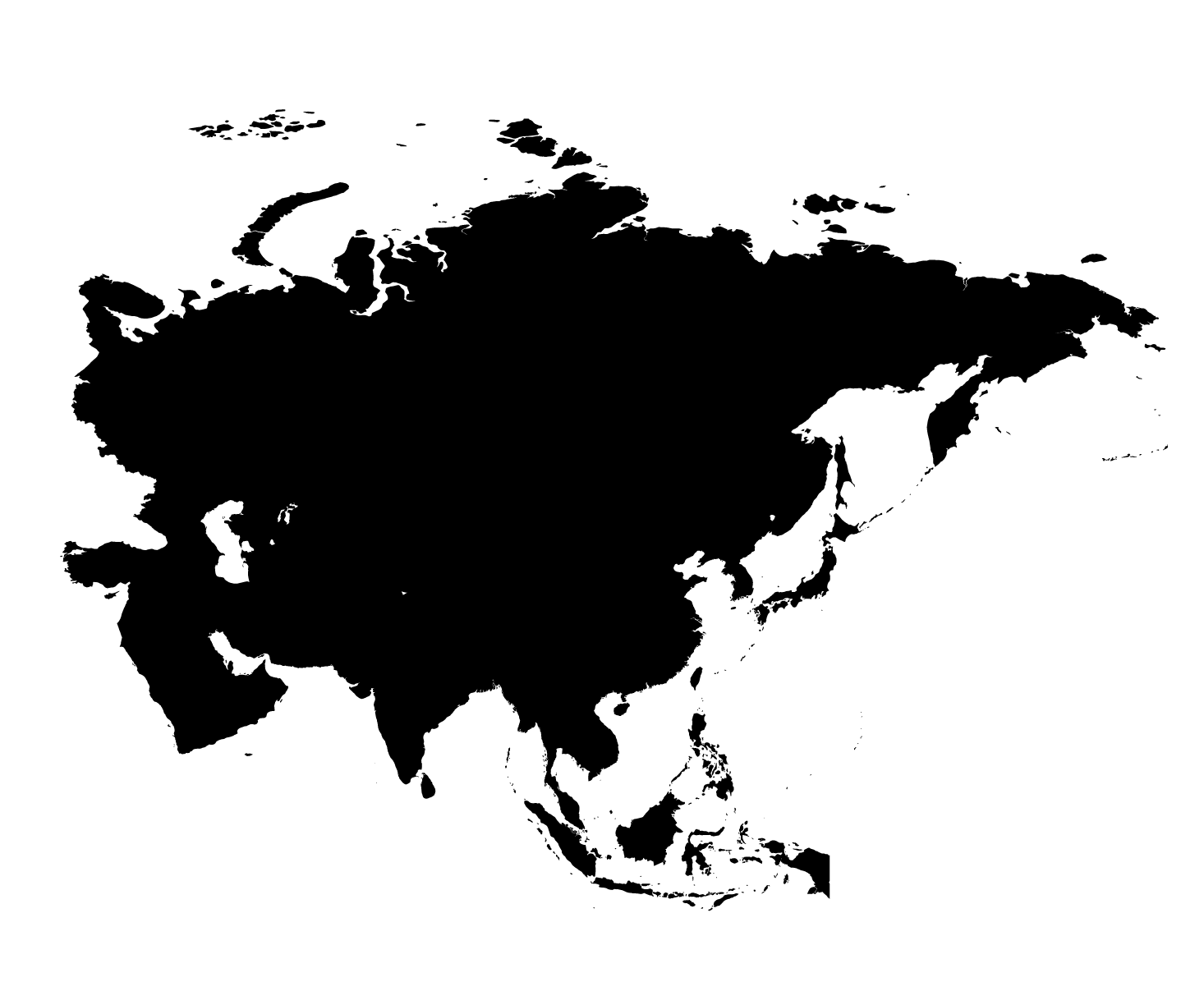Civil Defense Public Association was founded in 2013 by a group of human rights activists. The NGO promotes the protection and monitoring of labour and other socio-economic rights and freedoms of citizens in Kazakhstan. It does so through legal assistance, research, information provision, training of unions, organising conferences, and public campaigns. On November 9th, Civil Defence organised a rally in Almaty (the capital of Kazakhstan), leading to media coverage, the mobilisation and inclusion of many labour rights activists, and eventually parliament met some of the demands made.

Civil Defence organises against oppressive legislation for the improvement of labour rights in Kazakhstan
Labour rights-organisation campaigns in Kazakhstan

Civil Defense Public Association has rallied on November 9th, 2019, followed by months of campaigning, to improve labour rights and socio-economic conditions of citizens in Kazakhstan.
donate nowJust after Civil Defence was founded, in 2014 a law passed that made it illegal for minor trade unions to exist independently. They were forced to be a part of larger Republican trade unions. As a result, many independent trade unions ceased to exist. This was followed by a new Labour Code in 2015 that restricted workers’ rights. In 2016, the Confederation of Independent Trade Unions was officially shut down, followed by the imprisonment of three of its leaders. In 2018, another social rights activist was beaten up by unknown individuals.
On november 9th last year, Civil Defence organised a rally in the capital to tighten control measures in enforcing labour rights and democratising trade union legislation. Overwork and the non-payment of labour have become commonplace in the country as a result of the eroding position of the workforce. Demands were made, among other things to stop the criminalisation of independent trade unions, to expand the rights of workers in labour legislation and to expand the staff of labour inspectors.
Around 30 activists attended, after which the action gained a lot of national and international media attention. Among which was a conversation, in January, Civil Defense had with Dirk Wiese, a national politician of the German Social Democratic Party of Germany, and the Commonwealth of Trade Unions in Kazakhstan. Social activist were again able to raise a number of issues. This eventually led to legislative changes made by the government. The obligatory membership of independent trade unions to larger Republican unions, and the minimum requirement of organising at least half of the workers in an industry in order to form a union, were abolished, among other things, leading to an increase of the freedom of association.
Support the project 'Labour rights-organisation campaigns in Kazakhstan' and donate
Make a donation
Support Het Actiefonds with 10 euros a month and make actions happen worldwide
donate now